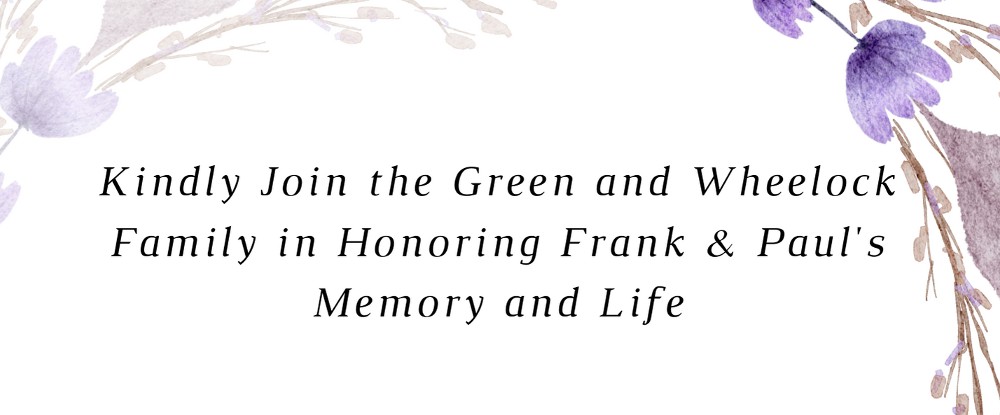
- Details
- By Andrew Kennard
A service on Sunday will honor the memories and lives of Frank Green and Paul Wheelock of the Oneida Nation, who were buried at the Carlisle Indian School in Carlisle, Pennsylvania over 120 years ago.
Native News Online reported in mid-June that the Army Corps of Engineers will return the remains of Green and seven other Indigenous children to their next of kin over the next few days.
The service will take place at 10:30 a.m. at the Church of the Holy Apostles and be followed by a drive-thru community meal at 11:30 a.m., according to the Oneida Nation. The Oneida Nation Pow Wow is scheduled to run from Friday to Sunday, and an honor song is scheduled at 2 p.m. on Saturday, after the Grand Entry.
According to the Carlisle Indian School Digital Resource Center, Paul Wheelock passed away on May 14, 1900 and was buried in the cemetery at Carlisle. A weekly Carlisle school newspaper from the time says that Wheelock was 10 months old when he died from a severe cold, and that his father was the band director.
Frank Green died on June 25, 1898 and was also buried in the school cemetery. According to documents published by the digital resource center, he was a teenager when he passed away after being hit by a train. He had run away from Carlisle the week before he was scheduled to go home.
Three years ago, the Oneida Nation reclaimed the remains of three Oneida students who died at Carlisle. The nation said at the time that its cultural heritage and enrollment departments had identified 109 community members as descendants of tribal members who passed away while attending Carlisle over a century ago.
Disease, often made worse by poor living conditions and abuse, claimed the lives of at least 186 children at Carlisle, Native News Online reported. The school’s founder infamously advocated to “kill the Indian, save the man” in an 1892 speech.
This story has been updated to note when the remains of the children will be returned.
Tell Us What You Think
More Stories Like This
Native News Weekly (August 25, 2024): D.C. BriefsUS Presidents in Their Own Words Concerning American Indians
Missing 8-Year-Old Found Dead on Navajo Nation, Investigation Ongoing
Golden Arches Refuse Service to Native American Wrestling Team in Ronan, Montana
Monday Morning: (January 19, 2026): Articles You May Have Missed This Past Weekend
Help us defend tribal sovereignty.
At Native News Online, our mission is rooted in telling the stories that strengthen sovereignty and uplift Indigenous voices — not just at year’s end, but every single day.
Because of your generosity last year, we were able to keep our reporters on the ground in tribal communities, at national gatherings and in the halls of Congress — covering the issues that matter most to Indian Country: sovereignty, culture, education, health and economic opportunity.
That support sustained us through a tough year in 2025. Now, as we look to the year ahead, we need your help right now to ensure warrior journalism remains strong — reporting that defends tribal sovereignty, amplifies Native truth, and holds power accountable.
 The stakes couldn't be higher. Your support keeps Native voices heard, Native stories told and Native sovereignty defended.
The stakes couldn't be higher. Your support keeps Native voices heard, Native stories told and Native sovereignty defended.
Stand with Warrior Journalism today.
Levi Rickert (Potawatomi), Editor & Publisher

